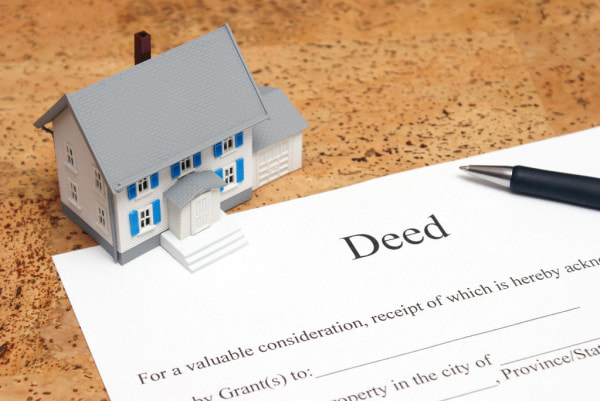|
Land title documents are often created following the sale, mortgage, assent or gifting of a parcel of land or property. When such transactions occur and these land title documents are made, they should be registered at the Land Registry in the Registrar General’s Department at the Ministry of the Attorney General and Legal Affairs.
What does "title to land" mean?
"Title to land" refers to the legal ownership or right to a parcel of land or property. The way to demonstrate ownership or a right to a particular property is with a Deed or a Certificate of Title. By these documents being registered, they provide a current record of the legal ownership of any particular parcel of land in Trinidad and Tobago. These documents generally contain the following information:
In Trinidad and Tobago there are two systems under which land title documents can be registered. The first system is: The old law or common law system in which title to land is established by a document called a Deed. This system is governed by the Conveyancing and Law of Property Act. About 75 – 80% of land in Trinidad and Tobago is registered under this system. Examples of documents registered under this system are: Deeds of Conveyance, Deeds of Mortgage, Deeds of Assent and Deeds of Assignment. Original deeds under this system need to lodged in the Deeds Registry (which forms part of the Land Registry).
The second system is: The Torrens System / the Registered Title System / RPA System in which title to land is established by a document called a Certificate of Title. This system is governed by the Real Property Act.
Examples of documents registered under this system are: Certificates of Title, Memorandums of Transfer, Memorandums of Mortgage, Deaths of Proprietors and Caveats. These documents are kept in the RPA Registry (which forms part of the Land Registry). How do I go about registering land title documents? When a piece of land is sold, mortgaged, assented, assigned or gifted, an attorney usually handles the property transaction. Depending on which of the two systems the land is registered under, the attorney will draft the resulting title document and ensure that it is executed according to what is required by law. The attorney will also ensure that all requisite stamp duties are paid. He/she will then arrange for the registration of the title documents. A cover sheet that contains the essential particulars of the document must also accompany the document. The attorney or his/her clerk would then present your land title documents to the Land Registry, where quality assurance checks will be made. This is done to ensure that the information contained in the document meets the requirements of the Registry. Once the information is in order the documents will be registered. What is the cost to register land title documents? The cost to register a land title document at the Land Registry varies from $50.00TT to $500.00TT, depending on the type of document being registered. Important Notice: This post does not constitute legal advice. Always consult with an attorney on any legal problem or issue. This website is managed by AURORA Chambers; a law practice in Trinidad and Tobago. Click HERE to receive updates straight to your inbox by subscribing to our newsletter.
0 Comments
Leave a Reply. |
Categories
All
Archives
June 2024
|
LawForAllTT.com |
|





 RSS Feed
RSS Feed